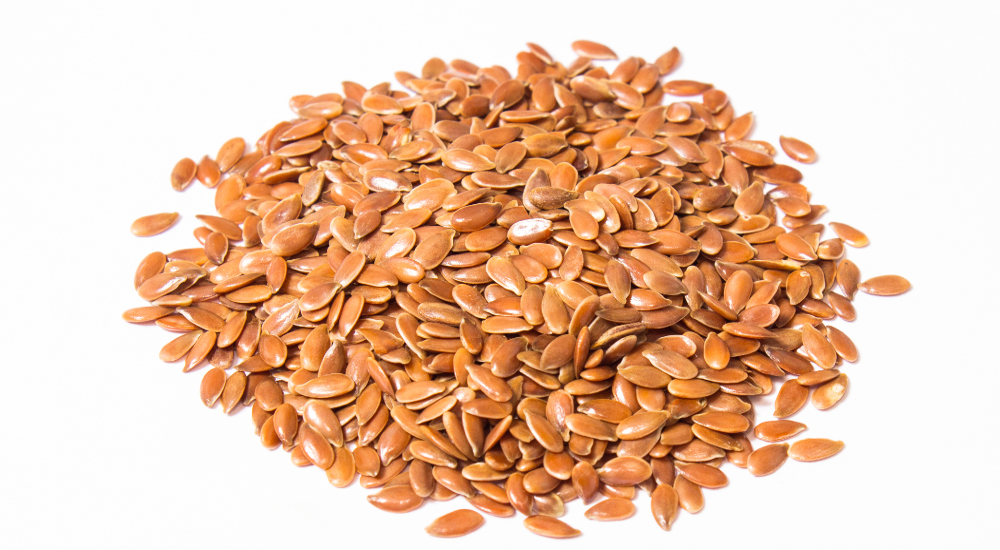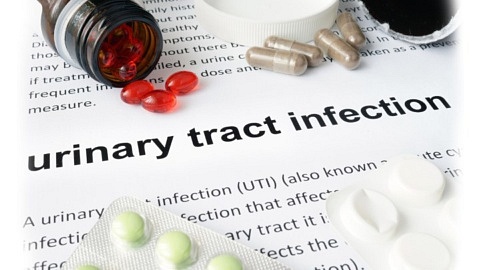Bell Lifestyle Products announced today the release of their new Immune Support product for the Canadian market. This product joins a comprehensive family of...
Top 10 Unrecognized Health Problems Faced by Women
While many women are working harder than ever to manage their personal health and take care of their bodies, there are still many health problems that may be going unrecognized. Today we present a list of the 10 most unrecognized health problems faced by women.
1. Unrecognized Weight Gain.
A recent survey by the University of Texas found that almost one-third of women, tracked over three years, did not recognize weight gains of 4.5 pounds in a six month period; one-quarter did not recognize weight gains of 8.8 pounds. This has implications on the risks for obesity, cardiovascular illnesses, and diabetes.
2. Heart Attack.
The symptoms of a heart attack are more atypical in women, compared to men. The atypical signs women tend to experience before a heart attack include: unusual fatigue, sleep disturbance, shortness of breath, indigestion, anxiety. Chest pain, the classic sign of a heart attack, only occurs in about 30% of women.
3. Disordered Eating.
Many women have been on diets, on and off, since their teens. This often relates to poor body image, coping with stress, and the portrayal of women in society and media. It is most important to know what your healthy weight and percent body fat range is, and how to attain and maintain it sensibly.
4. Not Enough Good Fats.
Fat makes up about 50% of your brain, and is important in hormonal health. The right fats help your skin, heart, brain, and immune system. The omega-3 fats are essential and are often deficient; they are found in foods such as cold water fish (eg: sardines and salmon), flaxseed, walnuts, winter squash, beans, and leafy green vegetables.

5. Lack of Sleep.
Women often sacrifice their sleep for the sake of the house and family. Unfortunately, studies have shown that women who sleep less than five hour each night are twice as likely to develop high blood pressure, compared to those who sleep seven or more hours. This difference in sleep and blood pressure is not as apparent in men, so women are more at risk for effects of sleep deprivation. Sleep deprivation is also associated with risk of diabetes and obesity.
6. Excess Stress.
Stress can promote allergies, hair loss, grinding teeth, menstrual changes, need for control, appetite changes… Take effective control by acknowledging the stressors, try to reduce them, increase activities you find relaxing, and seek support from friends, family members, counselor, or your doctor.
7. Toxicity and Environmental Sensitivity.
Women are four times more likely to react to chemicals in the environment compared to men. Up to 80% of women have a chemical sensitivity, which could be to fragrances, cosmetic products, cleaning chemicals, gasoline, and even electrical devices. Common symptoms related to chemical sensitivity include: developing a stronger sense of smell, feeling dazed or groggy, reduced concentration, muscle aches, fatigue, wheezing, and skin rashes. As a naturopathic doctor, I test for common contaminants and encourage therapeutic cleansing or what is called a ‘detoxification program,’ in addition to choosing ‘cleaner’ options in skin care and home maintenance.

8. Nutritional Deficiencies.
Common nutritional deficiencies in women include iron (leading to iron-deficiency anemia), vitamin B12 and folic acid, calcium, vitamin D, and protein. Increased protein and b-vitamins are particularly helpful in the premenstrual phase. Calcium in the earlier years determine bone strength that may have it’s impact in the later years. Multivitamins are a good idea if you are not sure if you are eating quite right. Getting tested and having your food intake evaluated is also a good step to ensuring sufficient nutrient intake.
9. Ovarian Cancer.
This is one of the difficult to detect cancers that can spread aggressively. Common symptoms and illnesses can explain away an underlying ovarian tumor and can include: irritable bowel syndrome, gastritis, depression, stress, urinary tract infection, constipation, nausea, bloating, indigestion, infertility, and changes to menstruation patterns. A controversial though worthwhile method to screen for ovarian cancer, particularly if non-specific symptoms exist is to request “serial CA-125 testing,” a newer method of testing for the ovarian tumor marker over time.
10. Polycystic Ovaries.
“PCO” is the most common hormonal disorder among women of reproductive age. It relates to too much of the hormone insulin which directs the ovaries to make excessive male hormones, or androgens, which promotes cyst development in the ovaries. Common problems associated with PCO include infertility, weight gain, excessive facial hair, adult acne, baldness, and increased risk of diabetes and rapid weight gain.
Related Posts
Urinary tract infections (UTI), also known as “bladder infections” occur when bacteria enter the urinary system and infect the surrounding bladder tissue,...
What is a Yeast Infection?
A vaginal yeast infection is a common condition experienced by females at least once in their lifetime and it occurs due to the...
Urinary tract infections (UTI), also known as “bladder infections” occur when bacteria enter the urinary system and infect the surrounding bladder tissue,...
What is a Yeast Infection? A vaginal yeast infection is a common condition experienced by females at least once in their lifetime and it occurs due to the...
Categories
- Allergy Relief
- Bell Lifestyle News
- Brain and Vision Health
- Depression
- Digestive Health
- Eating Healthy
- Energy Boosts
- Fitness
- Foods for Energy
- Heart and Lung Health
- Herbs
- Immune System Support
- Lifestyle
- Men's Health
- Mental
- Motivation
- Natural Remedies
- Nutrition
- Pain Relief
- Physical
- Recipes
- Relationships
- Sexual Health
- Skin and Hair Health
- Sleep Health
- Social
- Stress Relief
- Uncategorised
- Videos
- Weight Management
- Women's Health
- Your Wellness Now
Follow us on Twitter
#90 Bladder One for Women™ is a convenient one-a-day capsule for urinary tract health, featuring herbal extracts in… twitter.com/i/web/status/1…
May 2023Urinary tract infections - UTI: To treat or prevent? That is the question. Find out more about causes and treatme… twitter.com/i/web/status/1…
May 2023"How you feel is very important to how you look. Healthy equals beautiful." - Victoria Principal #womenshealth https://t.co/OPShoEbOXb
May 2023
© Copyright 2025. All rights reserved.




